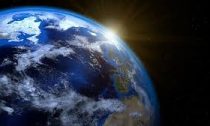
The UK government must tell the public small, easy changes will not be enough to tackle climate change, warn experts.
Researchers from Imperial College London say we must eat less meat and dairy, swap cars for bikes, take fewer flights, and ditch gas boilers at home.
The report, seen by BBC Panorama, has been prepared for the Committee on Climate Change, which advises ministers how to cut the UK’s carbon footprint.
It says an upheaval in our lifestyles is the only way to meet targets.
The government has passed a law obliging the country to cut carbon emissions to net zero by 2050.
It is “going further and faster than any other developed nation to protect the planet for future generations”, a government spokesperson told BBC Panorama. “If we can go faster, we will.”
But the new report warns...
Read More










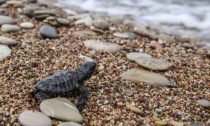
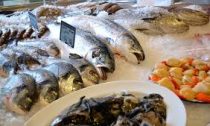
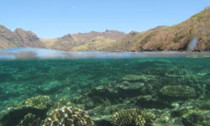
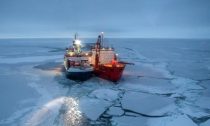
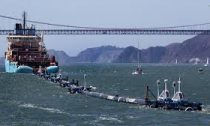

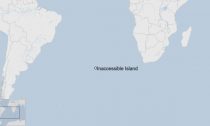
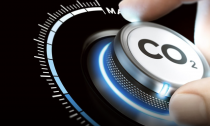

Social Profiles